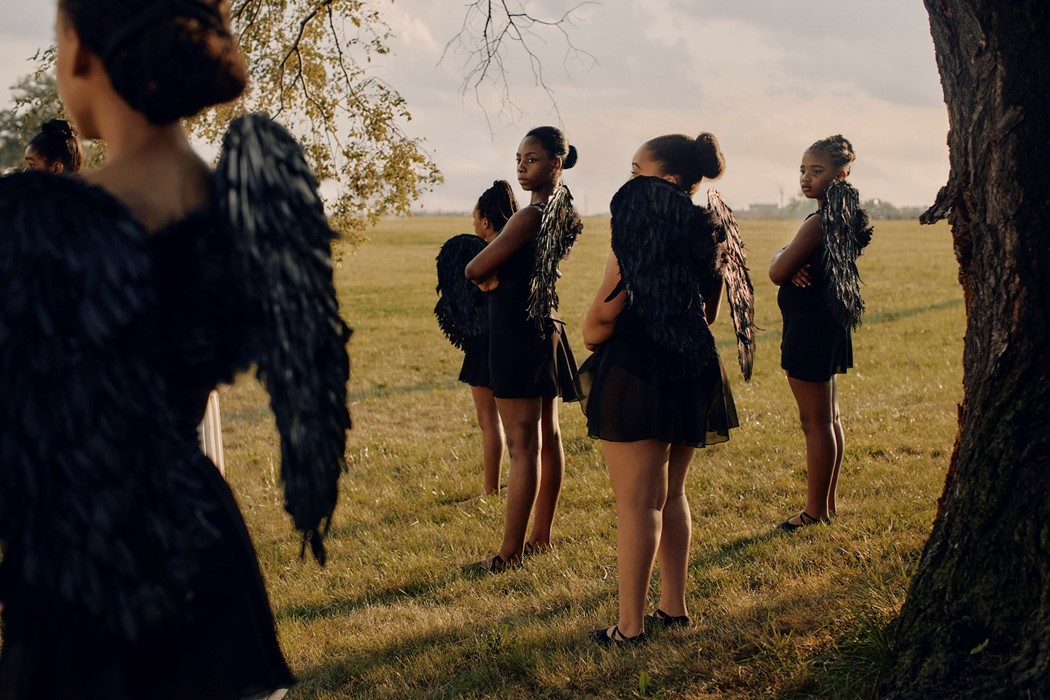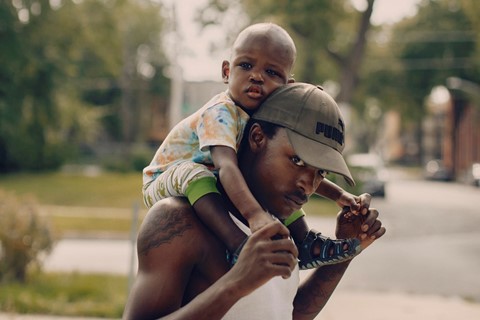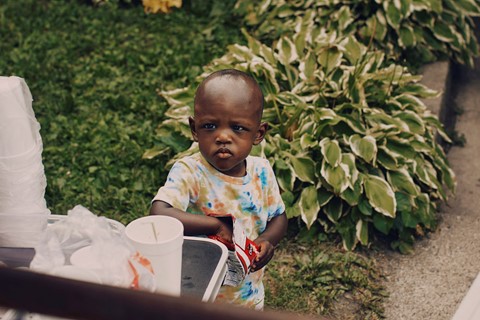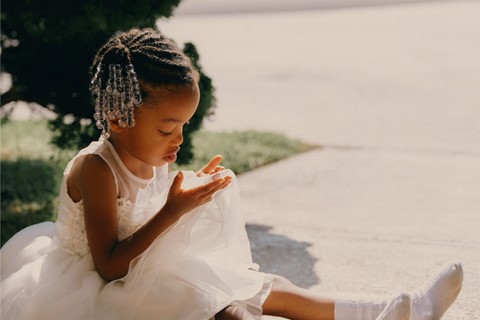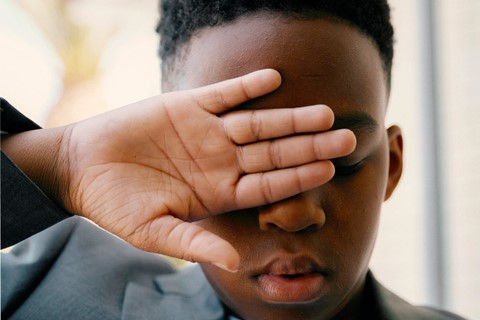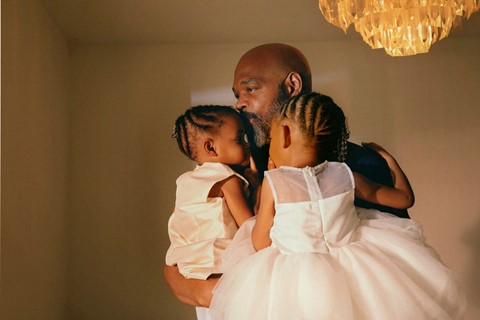As his first solo exhibition opens in New York, Micaiah Carter talks about empowering Black people through photography and honouring his late father’s legacy
Whether photographing the cast of Euphoria for New York Magazine, The Weeknd for Time, or his family and friends, American photographer Micaiah Carter’s work is timeless and joyful. “For me, it’s about being proud of who you are,” he says simply.
Months in the making, Carter’s first solo show American Black Beauty Vol.1 at SN37 Gallery displays his personal work alongside fashion editorials, archival photographs and home videos from his late father Andrew. With the aim of creating a photographic legacy for future generations of young Black people, Carter wants to make children like his nieces and nephew feel represented in the mainstream – he “desires to see beauty in himself and how he’s represented.”
Aside from its representative powers, photography can also act as a creative outlet for healing. Carter’s father, a veteran from the Vietnam war, passed away in 2021 from prostate cancer. He processed his grief by turning to photography and, in the process, connected deeply with his family and roots. “Those types of moments got me to create American Black Beauty,” Carter says. The result is a beautiful and poetic show that honours his father, who played a large role in Carter’s life and was a big supporter of his work.
Below, Micaiah Carter talks about creating the work for American Black Beauty Vol. 1 and continuing his father’s legacy of empowering Black people.
“I found the name American Black Beauty before I started shooting anything. Once I started to dive into it, I began to understand the language that I wanted to use in a photographic way. I usually do a lot of journaling. I was writing American Black Beauty and I found it interesting. When I went to Google it, a bunch of black horses came up. I wanted to do something and change the narrative of what that actually means.
“For me, it’s about being proud of who you are. Being proud of the present, past and future. For people to feel like they’re at home when seeing the exhibition. It’s mixed with home videos, archival photos and some personal photos of my nieces and nephews. I wanted it to have a coming back home type of vibe. Shooting my family was a big step for me to open up those stories and continue that feeling throughout all of the photos. My nieces and nephews are small, but it was really cool for them to see me in my element because they didn't get to see that before. It was a good experience for them.
“My dad supported my photography career and inspired me in general, the way that he lived. He was very much about the community and putting himself in places where he can expand the minds of Black people because in America, sometimes we get stuck in our own little bubble. He was an advocate for exploring, travelling, and enjoying life. Those are traits that I carried on. For the exhibition, I wanted to show his archival work and show his life. There’s a mix of photos from the 1970s and some videos that have come from the 1960s in Vietnam.
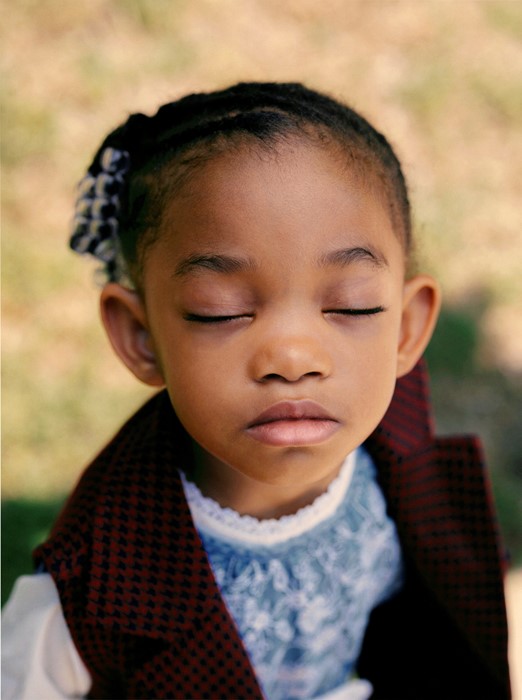
“I also wanted to bring awareness to that [the Vietnam War] because it's such an important thing that people look over, especially African Americans being on the frontline of that. The money from the show is going to an organisation that helps veterans and furthers the conversation. In the future, for the other volumes or other collaborations, I’d love to have a circle of charities to donate and give my time to.
“A lot of my inspirations come from photojournalists like Gordon Parks and John H. White, but also Carrie Mae Weems and Mickalene Thomas. People who have inspired me because they're able to capture the mundane parts of Black life and extend on it in a beautiful way. That's something I want to show in my work, almost like it's a movie star and in-between moments that you're sitting there, you feel like you’re in it too.”
“My goal is to create something that feels timeless. Continuing that exchange of photographing somebody living on forever. That's the way to start a legacy and honour people in that way. I want to capture and show the nuances and similarities through a lot of American Black lives.
“In the show, the photo of my brother and his two daughters is one of my favourite photos I’ve taken in a while because I was able to capture his sensitivity and his vulnerability with his daughters. It's really rare to see Black men specifically in that light. The impact that the show gave to people was really necessary for the time we’re in, especially something that's positive and uplifts us, not from trauma.
“Part two [American Black Beauty] is in the works. I'm working in the same type of ethos but continuing on and expanding outside of my family. It will have all new work but I can’t say too much about it right now.”
American Black Beauty Vol. I by Micaiah Carter is on at SN37 Gallery until 27 March 2022.
